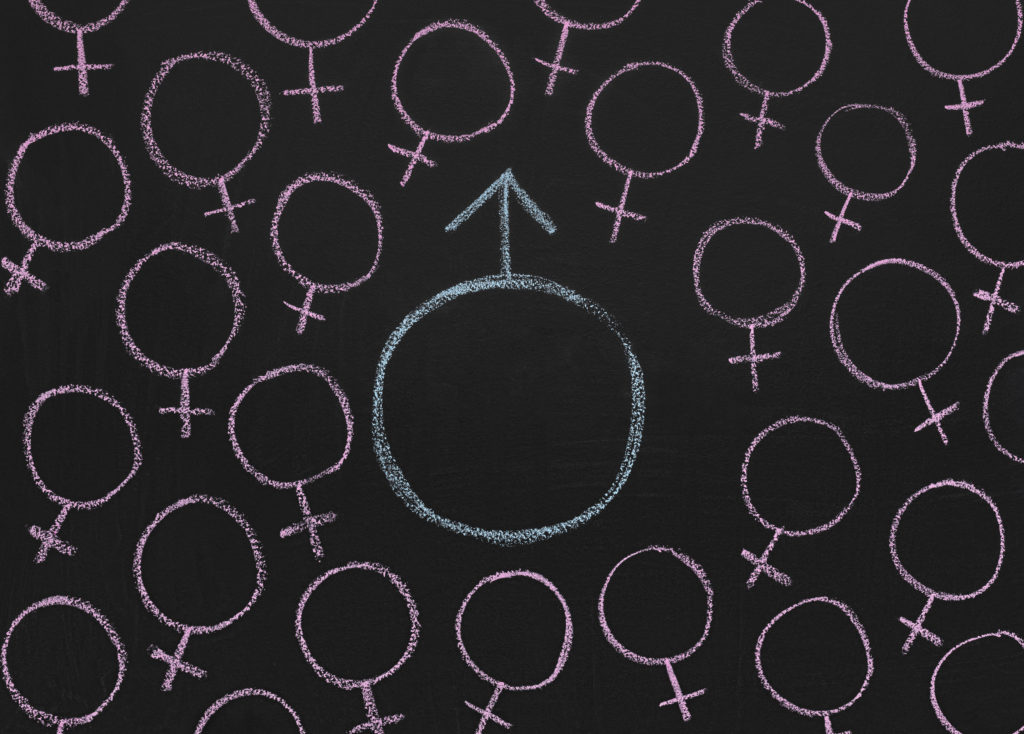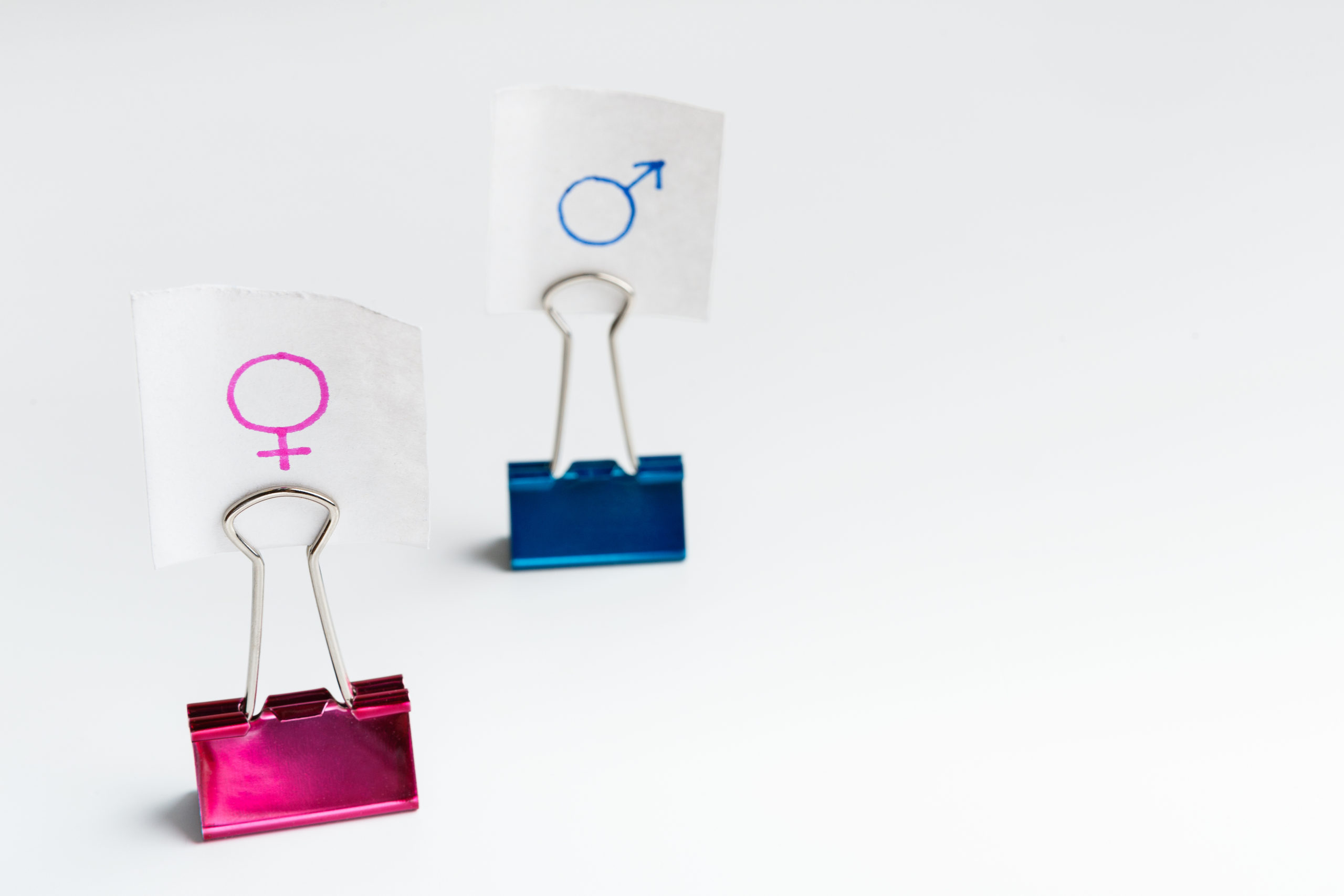What is the difference between sex and gender identity, exactly? Whether you want to brush up on your knowledge or you’re questioning your gender identity yourself, you’ll find the answers here.
Sex and gender have historically been used interchangeably, but that doesn’t mean that they’re the same thing.
“We don’t know how to measure gender,” Marcia Stefanick, director of the Stanford Women and Sex Differences in Medicine Center, wrote in Stanford Medicine.
“Sex is generally assigned at birth…. after which a broad range of biological, particularly reproductive, sex differences are assumed. Individuals are then, usually, forced into a binary model of gender — with distinct masculine and feminine categories — when the possibilities are much broader and more expansive.”
As cisgender society begins discussing trans issues more openly, the distinction between sex and gender is an important one for many to understand.
So, what is sex?
When a person is born, they are given a sex based on their external genitalia. People with penises are assigned male at birth, while people with vaginas are assigned female.
Some also refer to chromosomes as markers of sex. Typically (but not always), people are born with either XX or XY chromosomes which determine their physical anatomy, and are assigned a sex based on these characteristics.
Essentially, the methods used to assign sex are based on a person’s body, however assigned sex doesn’t always accurately determine gender identity.
What is gender?
Gender is seen as a more personal, internal perception of oneself, that cannot be limited to biological characteristics. There are plenty of women who have penises, men who have vaginas, and non-binary people with either genitalia. A person’s body and genitals are their own business.
In most parts of society assigned sex is used to assume a person’s gender. Sometimes this is incorrect, and some people grow up feeling a disconnect between their assigned sex and their true gender.
This is called gender dysphoria, and it is what is experienced by transgender people including non-binary people, whose innate gender is different to the sex they were assigned at birth. People whose assigned sex matches their true gender are called cisgender.
Gender incongruence can often be helped by medically transitioning, which is a path many trans people choose to go down in order to ease their gender dysphoria. However not all trans people choose this route, and gender dysphoria manifests differently in different people.
Some people socially transition by changing their name or presenting in a different way, which can also help minimise dysphoria-induced stress, but again, it is worth stressing that there is no one way to be trans.

So, what does intersex mean?
Sometimes, people are born with reproductive or sexual characteristics that don’t fully align with either male or female sex markers. These people are intersex.
Doctors often assign a sex to a baby based on its outer appearance, so accordingly intersex people often start life with a binary gender label.
For example, some might be assigned female at birth but have a typically ‘male’ anatomy and chromosome structure that isn’t visible from the outside of their bodies, or vice versa.
Labelling such as this can sometimes result in intersex people rejecting their assigned gender in favour of an identity that more closely matches up to their chromosomes and/or represents their true self better, but this isn’t the case for all intersex people.
There are no rules for how intersex people can label themselves or choose to present, and not all intersex people are transgender, despite that being a common misconception.
It has been thought that the amount of intersex people in the world is comparable to the number of people born with red hair.
